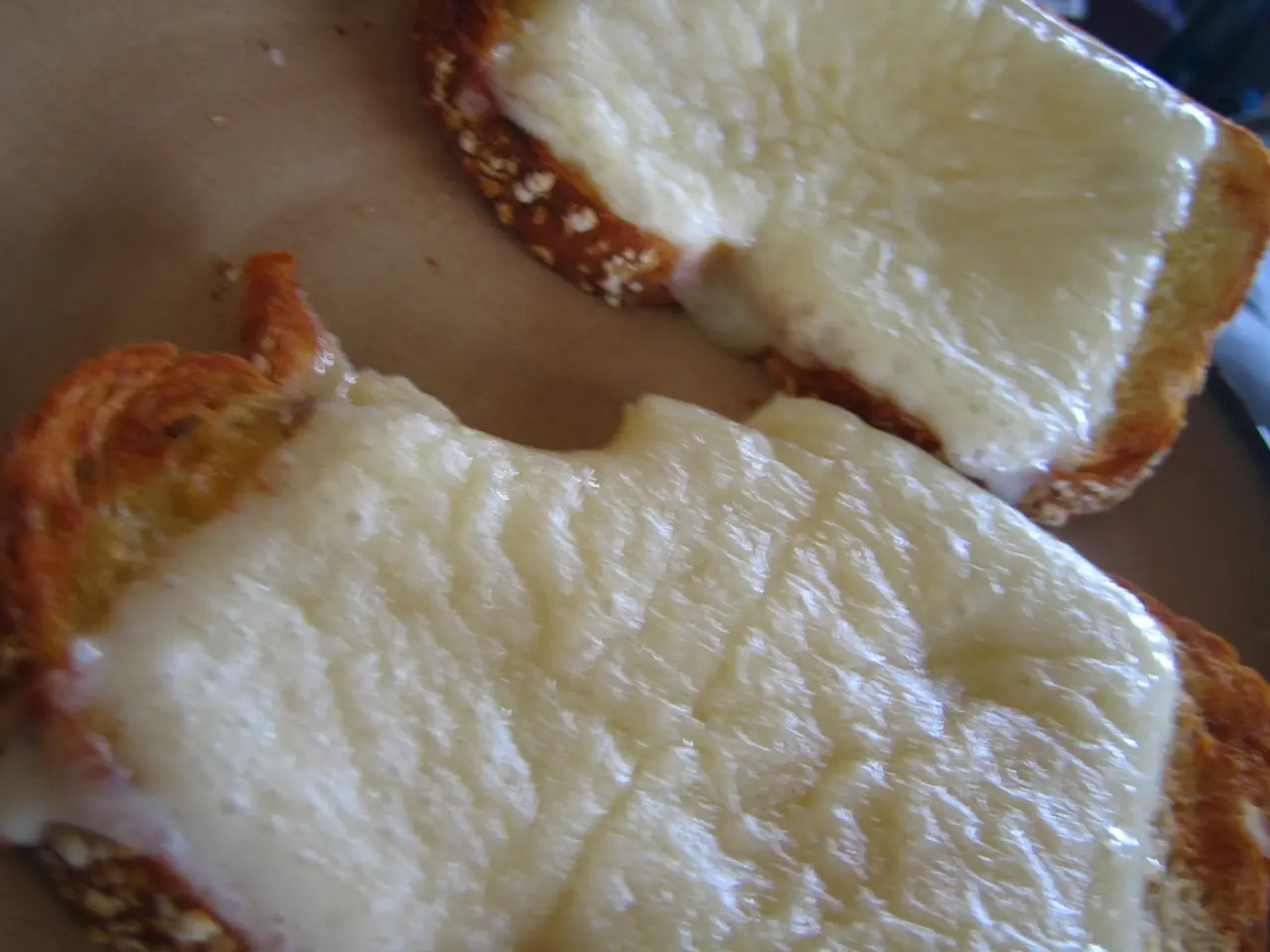Top Winter Eczema Remedies Revealed
Millions of people living with eczema may find the winter months particularly challenging due to cold, dry air and indoor heating. To help manage eczema during this season, we've compiled a list of key practices addressing bathing habits, moisturizer use, humidifiers, and avoiding irritants.
Bathing Habits
Avoid long, hot showers because hot water strips natural oils from the skin, worsening dryness and eczema flare-ups. Use lukewarm water instead and keep showers brief.
Moisturizer Use
Apply moisturizers frequently and immediately after bathing to lock in moisture. Use thick, oil-based creams or ointments rather than lotions, focusing on ingredients like ceramides, hyaluronic acid, glycerin, niacinamide, shea butter, or squalane to repair and protect the skin barrier. For hands, heavy petrolatum-based products work well. For acne-prone facial skin, opt for oil-free moisturizers.
Humidifier Use
Winter indoor heating dries out air and skin. Using a humidifier placed in the living or sleeping area (not directly on heating devices) can add moisture to indoor air, helping to hydrate skin and reduce eczema symptoms.
Avoiding Irritants
Refrain from using fabric softeners, which may contain chemicals that irritate sensitive eczema skin. While direct references on cooking oils are sparse in these results, some natural remedies like coconut oil may soothe eczema, but responses vary, so avoid cooking oils known to cause irritation or allergy and consult a dermatologist before trying new natural oils.
Additional Tips
- Avoid over-exfoliating or harsh skincare products, as these can dry and irritate skin further.
- Protect skin outdoors with appropriate clothing (hats, scarves, gloves) to shield from cold and wind.
- Adapt your skincare routine seasonally, increasing moisturizing during winter when humidity is low.
Dr. Lisa Beck, a dermatology professor and eczema specialist, suggests several additional tips for managing eczema during winter. She recommends using soaps that are lanolin free, unperfumed, and have a neutral pH.
In summary, manage eczema in winter by bathing with lukewarm water, using thick moisturizers with barrier-repair ingredients, adding humidity indoors with a humidifier, and avoiding irritants such as fabric softeners and potentially aggravating cooking oils while protecting skin from harsh outdoor elements.
Science and health-and-wellness go hand in hand when addressing eczema during the winter. A key science-based practice includes the use of thick, oil-based creams or ointments in skin-care routines for their ability to repair and protect the skin barrier.




